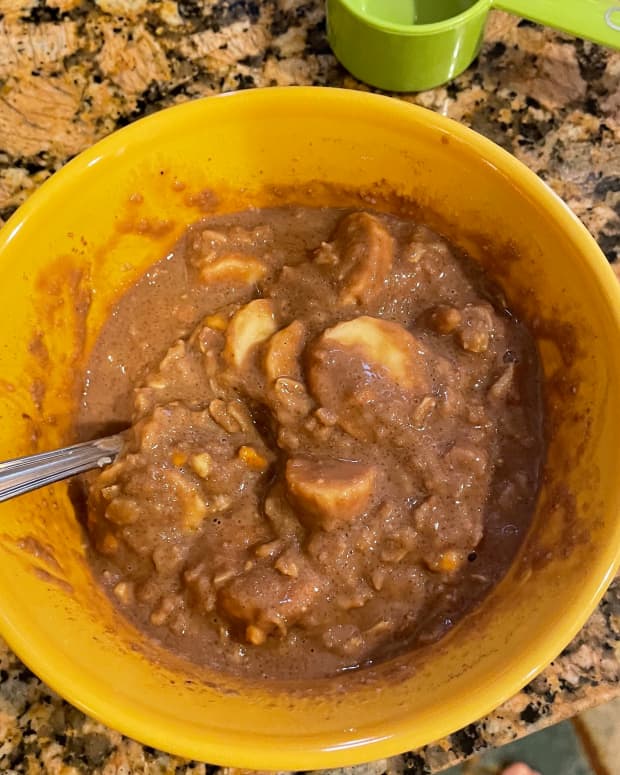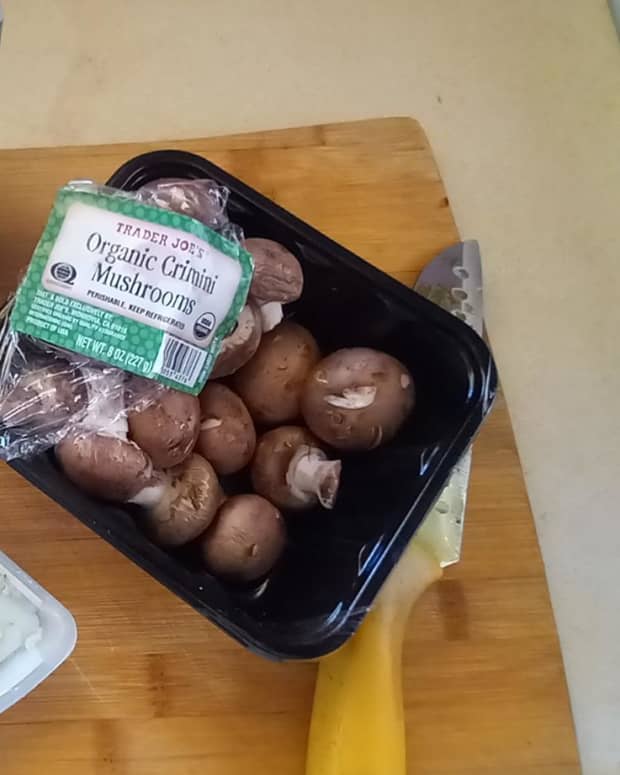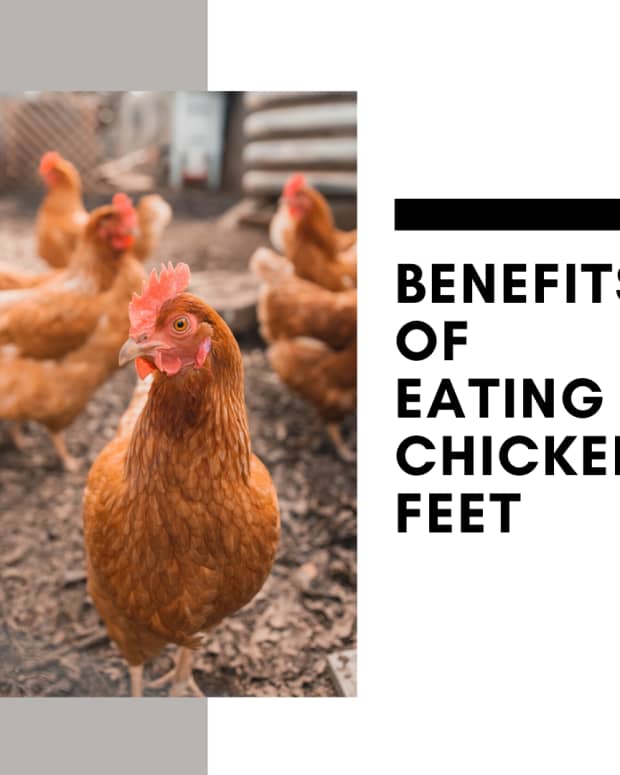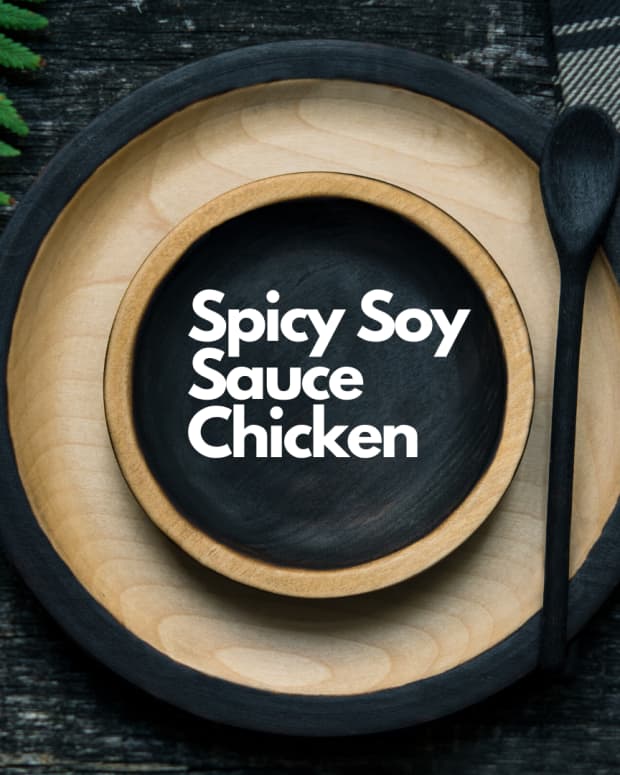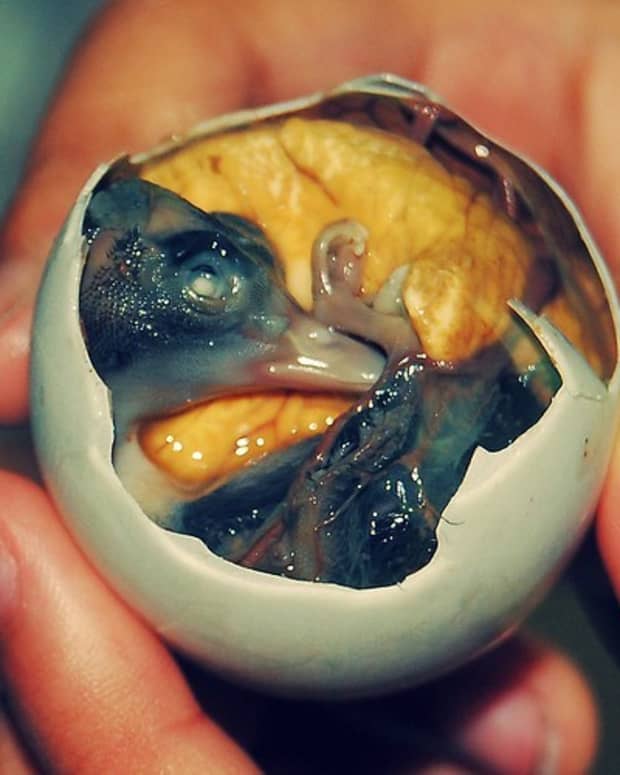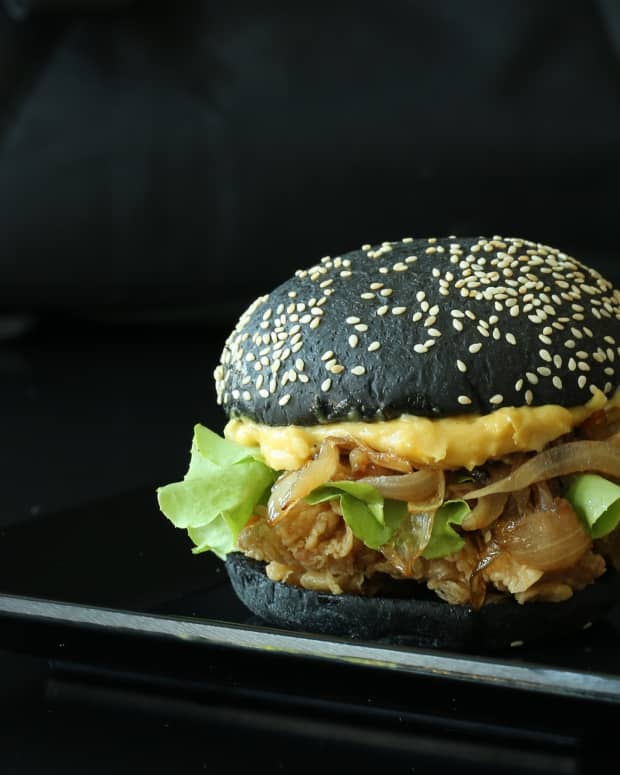The Bad News About Bacon
I've spent half a century (yikes) writing for radio and print—mostly print. I hope to be still tapping the keys as I take my last breath.
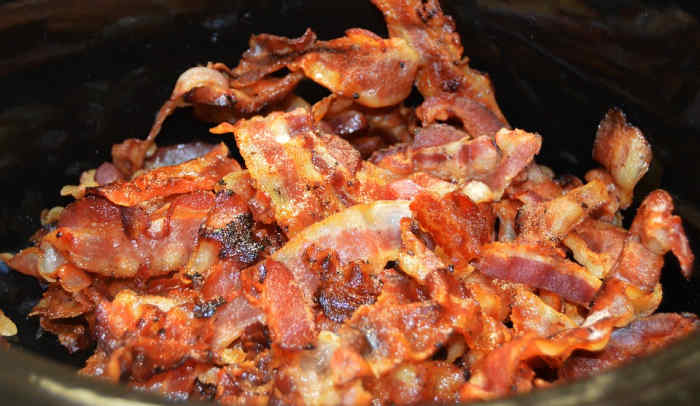
The writer Jeff Gunhus has noted that “It’s a proven fact that all plans involving bacon have a 90 percent better chance of working out.”
Benjamin Franklin once observed that “bacon is proof that God loves us and wants us to be happy.” Sadly, the people who claim to know a thing or two about nutrition and health are now questioning Mr. Franklin’s wisdom. Bacon and other processed meats, we are told, are very unhealthy.
The Physicians Committee for Responsible Medicine offers this stark warning: “There is no safe amount of processed meat.”
How Is Bacon Made?
The issue with bacon is the way it’s made, so let’s check in at the bacon factory.
In North America, bacon starts with the belly of the beast. In Europe, they use the loin. Writing for TheMeatWeEat.com, meat scientist Elizabeth Boyle notes that “after the animal is harvested the carcass is broken down into several different sections.” Harvested? What? Like grapes or onions? Why so coy? The pig is slaughtered.
In North America, the bellies are cured by the injection of a brine made of sodium nitrite, sugar, and salt. They are then hung on a rack for about a week to allow the flavour of the brine to permeate the meat. Then, the bellies are wheeled into a smoker. Wood smoke from hickory is the favourite, but maple and apple are also popular.
Finally, comes the slicing and packaging.
It’s the curing and smoking, the very processes that make bacon so delicious, that are the villains; they produce cancer-causing chemicals.
What Is the Danger?
Healthline.com notes that “all meat that has been smoked, salted, cured, dried, or canned is considered processed. This includes sausages, hot dogs, salami, ham, and cured bacon.”
In April 2019 a study was published in The International Journal of Epidemiology that found even a modest intake of processed meats such as bacon is “associated with an increased risk of colorectal cancer.”
How modest? Someone who eats 21g (0.7 oz) of bacon a day has a 20 percent lower risk of bowel cancer than someone who consumes 76 grams (2.6 ounces) a day. And, what do 21 grams of bacon look like on a plate? Not much. Just a single, thin slice.
And, even that tiny portion can be dangerous.
Life expectancy would grow by leaps and bounds if green vegetables smelled as good as bacon.
— Doug Larson, Journalist
The latest warning comes after a similar alert from a World Health Organization study. The research was comprehensive and involved 22 cancer specialists from 10 countries who reviewed hundreds of studies and the data of hundreds of thousands of patients.
The result was to classify bacon and other processed meats as Group 1 carcinogens. This bundles them up with other cancer-causing agents such as tobacco, asbestos, and arsenic.
Mortality rates are different from those poisons, but frequent bacon-eating raises the risk of lifetime bowel cancer from five percent to six percent. You might say “Pfftt,” or something similar, “that’s no big deal.”
However, after crunching the numbers, the scientists determine that an additional 34,000 deaths a year can be attributable to eating processed meats.

Only the orange, kale, and radishes are healthy. And, who's going to eat those?
U.S. Department of Agriculture on Flickr
The Cancer Mechanism
The main cancer-causing culprits are nitrates and nitrites. These are added as preservatives and to give processed meats an appealing pinkish look.
Nitrates occur naturally in such vegetables as lettuce and celery but in that form, they do no harm. It’s when they interact with red meat that nitrates get troublesome. They form compounds such as nitrosamines, which are carcinogenic.
The nitrosamines damage the cells in the lining of the bowel. The next step might be a visit to an oncologist.
The dangers associated with nitrosamines have been known for more than 60 years. Twenty-five years ago, a link was made between pregnant mothers eating hot dogs regularly and increased rates of brain cancer in children.
Food Industry Misdirection
The economics of food processing dictate that the best profits are made by getting bacon onto the breakfast table as quickly as possible. So, this means ditching the time-consuming traditional methods.
As someone wisely pointed out, time is money, so the meat industry embarked on a programme of claiming the old ways were unsafe. At the same time, it tried to trash the science that was unveiling the cancer risk.
Writing in The Guardian, Bee Wilson comments that the food industry “has for the past 40 years been engaged in a campaign of cover-ups and misdirection to rival the dirty tricks of Big Tobacco.”
It is a truth universally acknowledged that bacon can improve any situation.
— Jen Rasmussen, Author
One untruth trotted out by food processors appeared in the British magazine Farmers Weekly in 1975. The claim was made that the average male would have to eat 11 tonnes of bacon a day to run any significant risk of cancer. That is, dare we say, hogwash.
The American Meat Institute (AMI) took the tack that nitrates were, by golly, good for consumers. That’s because, said AMI, nitrates are the death knell for botulism. So, the argument is that meat processors are doing a vital public service by saving thousands of lives.
A group of well-rewarded scientists was assembled to generate research that backed up the meat industry. It has been an effective smokescreen laid across the real story about the dangers inherent in the way meats are processed commercially.
Nitrate-Free Bacon
Here’s the good news; you can still eat bacon and avoid the cancer risk.
There are ways of producing bacon, ham, pepperoni, and the like, that don’t use cancer-causing agents. The traditional method is simply to salt the meat.
Nitrate-free bacon is available almost everywhere. Retailer Marks and Spencer in the United Kingdom offers that product and says it “is just as delicious as standard bacon.”
Big-box giants such as Costco and Walmart are also offering nitrate-free bacon. There are also plenty of artisanal butchers curing meat in the old-fashioned way.
So, crank up the burner, let’s have some nitrate-free bacon for breakfast.
Bonus Factoids
- The good people who make Proscuitto di Parma in Italy stopped using nitrates in 1993. They’ve been making this ham for 2,000 years. It takes 18 months to cure and is quite expensive. But, what do you want? Cheap stuff that might harm you or quality food that’s delicious and safe to eat? Maybe eat a little less?
- Cancer Research UK says 8,000 fewer cases of cancer would occur in Britain if everybody gave up eating processed and red meat.
- In other good news, the Physicians Committee for Responsible Medicine suggests that, because of contamination in meatpacking plants, grocery stores ought to carry a label on meat that says: “May contain feces.”
Sources
- “Bacon – Do You Know How It Is Made?” Elizabeth Boyle, TheMeatWeEat.com, September 7, 2017.
- “Diet and Colorectal Cancer in UK Biobank: a Prospective Study.” Kathryn E. Bradbury, et al., International Journal of Epidemiology, April 17, 2019.
- “Eating Just One Slice of Bacon a Day Linked to Higher Risk of Colorectal Cancer, Says Study.” Nina Avramova, CNN, April 17, 2019.
- “Eating Processed Meat Is Associated With an Unhealthy Lifestyle.” Atli Arnarson, Healthline.com, June 4, 2017.
- “Processed Meat.” Physicians Committee for Responsible Medicine, undated.
- “Yes, Bacon Really Is Killing Us.” Bee Wilson, The Guardian, March 1, 2018.
© 2019 Rupert Taylor
Comments
Nishika Chhabra from India on May 07, 2019:
Very clear facts. Will surely share this informative piece on other platforms too.
Pamela Oglesby from Sunny Florida on May 04, 2019:
I am sorry to hear the news about bacon. I don't care as much about sausage or various lunchmeats, but I really like bacon. The good news is I buy unprocessed and look for any meat that has no nitrates, etc. I appreciate knowing the facts about bacon.
Dora Weithers from The Caribbean on May 03, 2019:
Thanks for the facts. Will pass this article on to relatives who love to eat bacon.
Miebakagh Fiberesima from Port Harcourt, Rivers State, NIGERIA. on May 02, 2019:
Hi, Rupert, any processed food including fruits and vegetables carry some risks. Doctors and the advertising industry has made a pack in agreeing. Thanks, for sharing.






